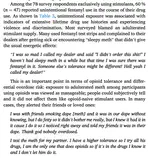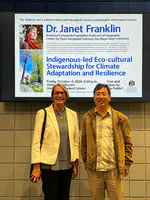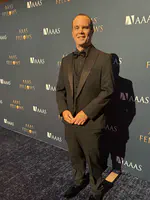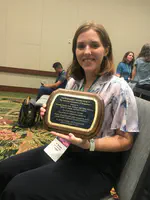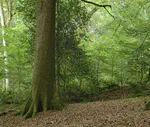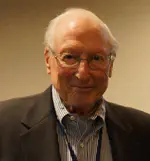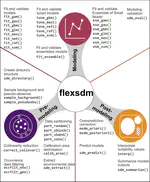SASS
The Lab for Spatial Analysis in the Social Sciences (SASS) examines patterns of urban spatial structure and their interactions with the dynamics of economic, demographic, education, public health, and other social systems. We apply spatial econometrics, urban data science, and geospatial statistics to study issues of inequality in social science and public policy. We devise new spatially-explicit research methods and develop open-source software to support honest and reproducible science.

VALE
The Vegetation And Landscape Ecology (VALE) Lab examines patterns and dynamics of terrestrial ecosystems at the landscape scale. We study the impacts of human-caused landscape change on terrestrial plant communities. The tools we use include field measurements of e.g., plant community composition, multivariate analysis, spatial statistics, landscape simulation models, and geospatial data analysis (GIS and Remote Sensing).
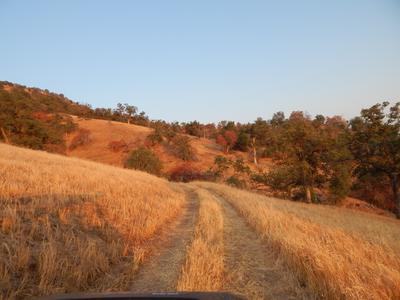
Research Expertise
The Latest News from COGS
In collaboration with partners at the University of Chicago, University of Maryland, and the University of California, Riverside, COGS has been awarded a POSE grant from the National Science Foundation focused on the open-source Python Spatial Analysis Library (PySAL), which has been downloaded over two million times.
COGS is ecstatic to announce that Director Sergio Rey has been elected a fellow of the American Association for the Advancement of Science. Rey is recognized for work as a leading pioneer of the Python Spatial Analysis Library (PySAL), downloaded two million times.
The brand new Handbook of Spatial Analysis in the Social Sciences, edited by COGS Director Serge Rey and Rachel Franklin is published in November. The handbook includes chapters from Director Rey and Associate Director Eli Knaap, as well as several COGS affiliates including Ran Wei, Levi Wolf, Dani Arribas-Bel, Wei Kang, and many more


